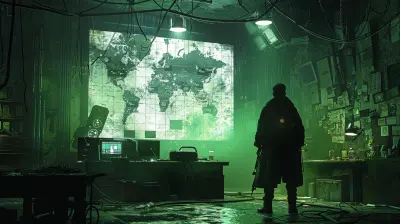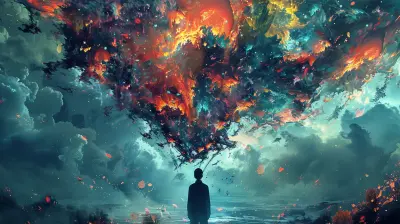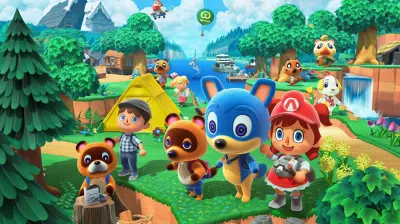Video Games as Modern Mythologies: Storytelling in Digital Worlds
18 August 2025
Do you remember growing up with tales of mighty gods, heroic quests, and worlds filled with wonder? Ancient mythologies like those of the Greeks, Norse, or even Arthurian legends have shaped how humans tell stories. Fast-forward to today, and we've traded campfires for consoles, but the magic of storytelling hasn’t gone away. Instead, it’s evolved. Video games have become a new kind of mythology—modern epics where we’re not just spectators. We get to be the heroes.
Let’s dive in and unpack how video games have turned digital worlds into the mythological playgrounds of our time.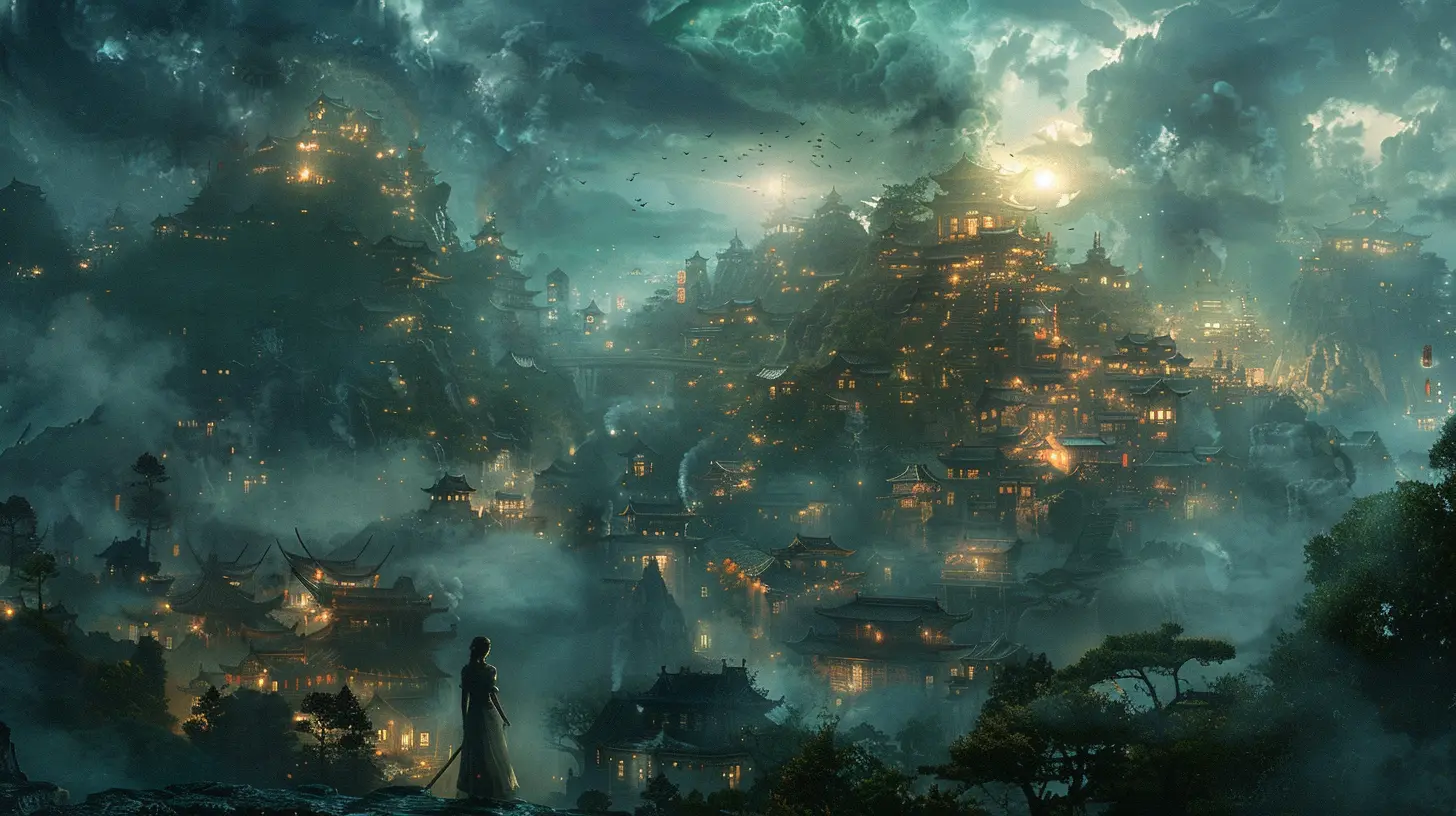
Why Storytelling Matters in Gaming
At their core, humans are storytellers. We’ve been telling stories since before we could write them down. It’s how we understand the world, share experiences, and connect with each other. Video games have taken this age-old tradition and supercharged it with interactivity. Unlike books or movies, video games let you hold the reins.Think about it: when you’re playing a game, you’re not just watching a story unfold—you’re actively shaping it. That level of immersion? It’s a game-changer (pun intended). Whether you’re navigating the political intrigue of “The Witcher 3” or saving humanity in “Mass Effect,” you’re not just reading or watching; you’re living the myth.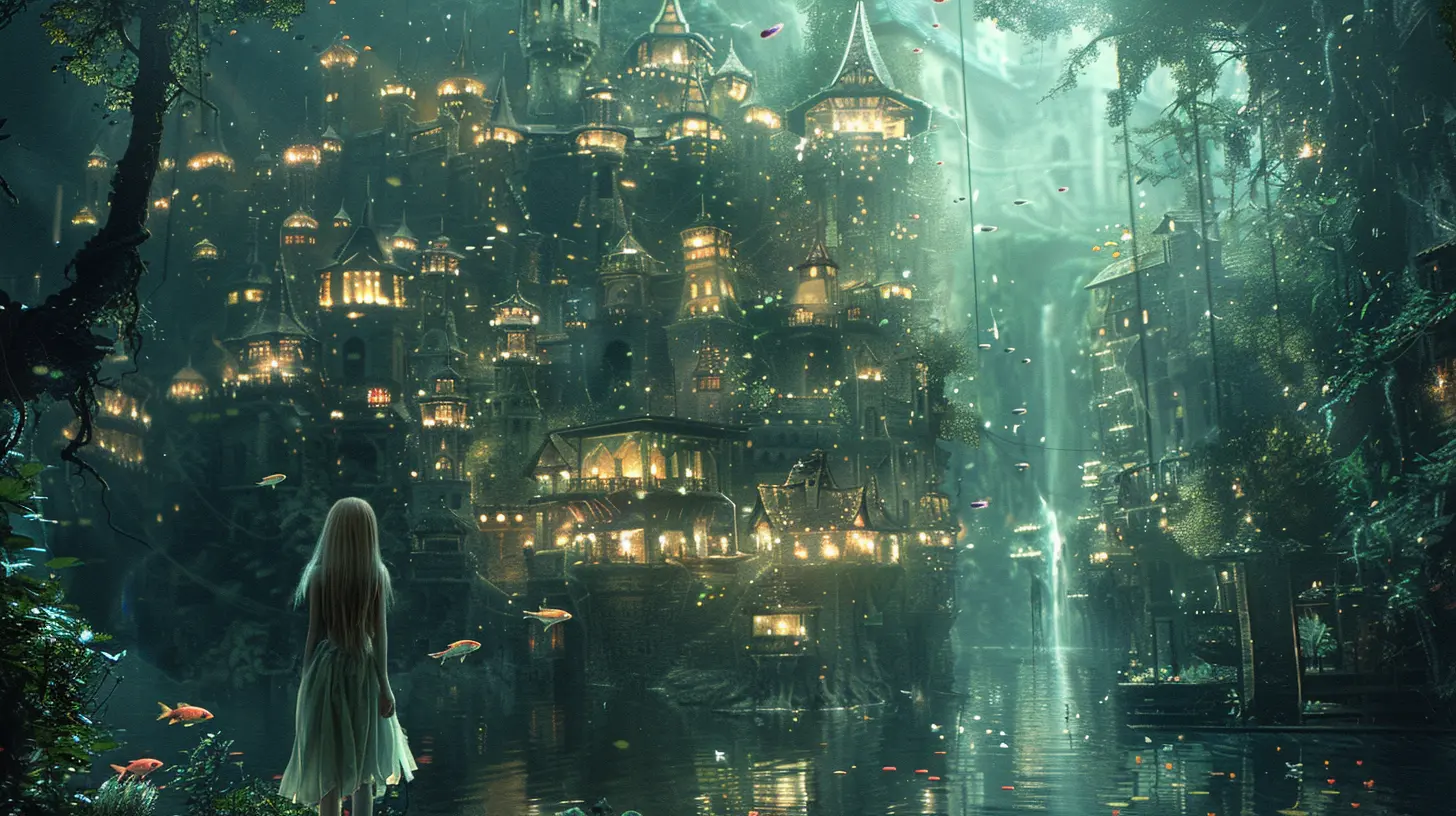
The Hero's Journey: Classic Myth Meets Digital Worlds
Joseph Campbell’s "Hero's Journey" is one of the most famous storytelling templates. If you’ve ever seen “Star Wars,” you’ve already witnessed it in action. But guess what? Video games have been nailing this formula for decades. Let’s break it down.1. The Call to Adventure: Think about when you boot up The Legend of Zelda. Link is thrust into an epic quest, a classic example of the reluctant hero stepping up.
2. Trials and Tribulations: Every quest, every boss battle, every puzzle—they’re the hurdles that shape the hero’s journey.
3. The Return: After the climactic showdown, the player (and character) often brings newfound wisdom or triumph back to the in-game world.
Games like God of War and Halo practically follow this mythological structure to the letter. But they don’t just mimic myths—they enhance them, giving you the chance to walk the same path as Achilles or Odysseus. Except, you know, with a controller in hand.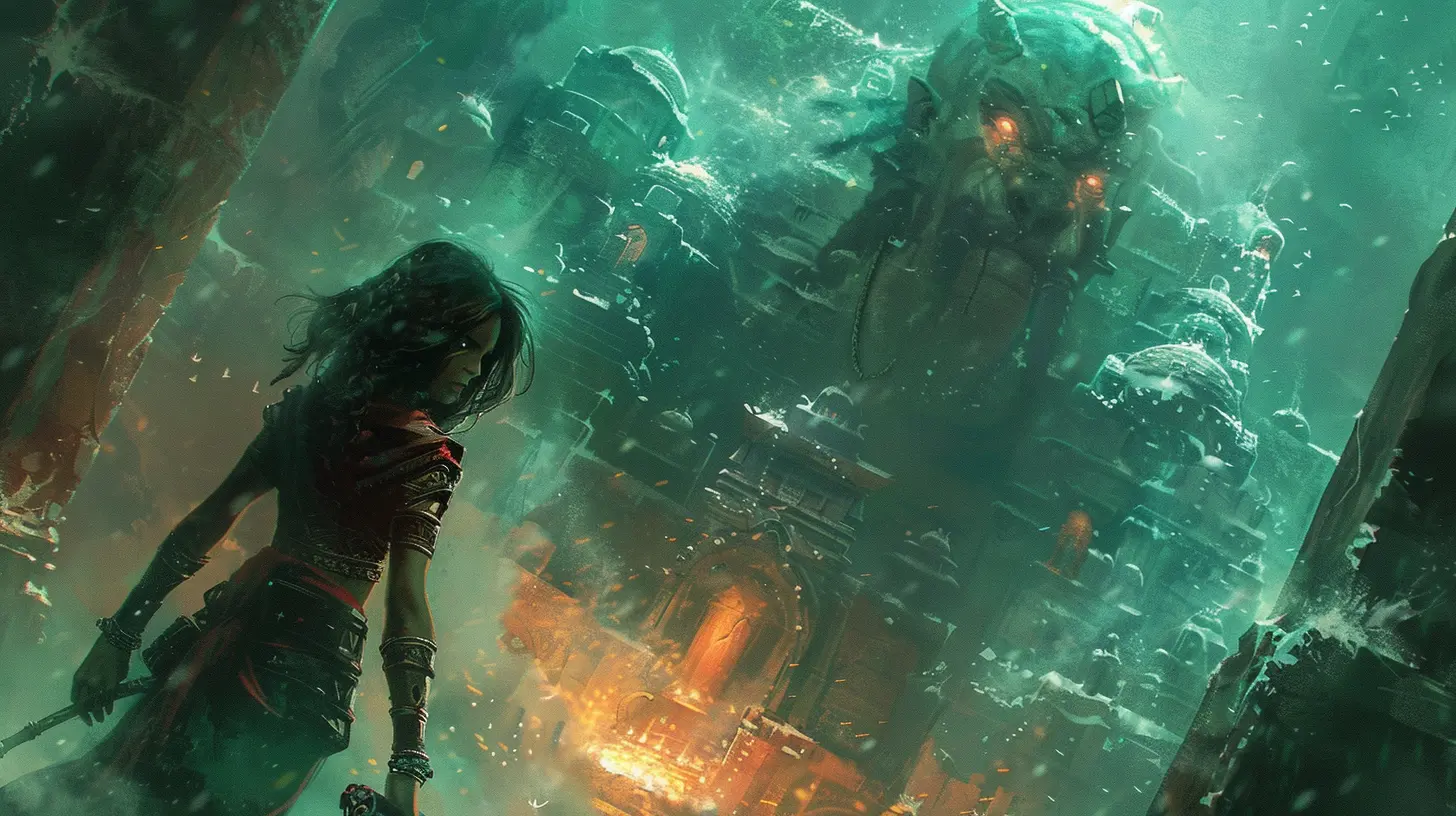
Digital Worlds as Mythological Realms
Every mythology needs a setting, right? The ancient Greeks had Mount Olympus. The Norse had Asgard. Video games, though? They’ve got everything. From cyberpunk dystopias to sprawling fantasy landscapes, modern games craft entire worlds brimming with their own histories, characters, and lore. Let’s check out a few iconic examples.1. Hyrule (The Legend of Zelda Series)
Hyrule isn’t just a backdrop; it’s a living, breathing world with its own legends and mysteries. Over the years, the series has built up its own mythos, complete with prophecies, ancient relics, and timeless battles between good and evil.2. The Lands Between (Elden Ring)
Created with the help of George R.R. Martin, Elden Ring’s world feels like a digital equivalent of Norse mythology. The game’s deep lore, cryptic storytelling, and enigmatic characters create a sense of uncovering ancient legends.3. Skyworlds and Beyond (Final Fantasy Series)
The Final Fantasy franchise is practically a mythology machine. Each game has its own pantheon of gods, legendary heroes, and larger-than-life stories. Summons like Shiva, Bahamut, and Ifrit? Straight out of mythological playbooks with a fresh twist.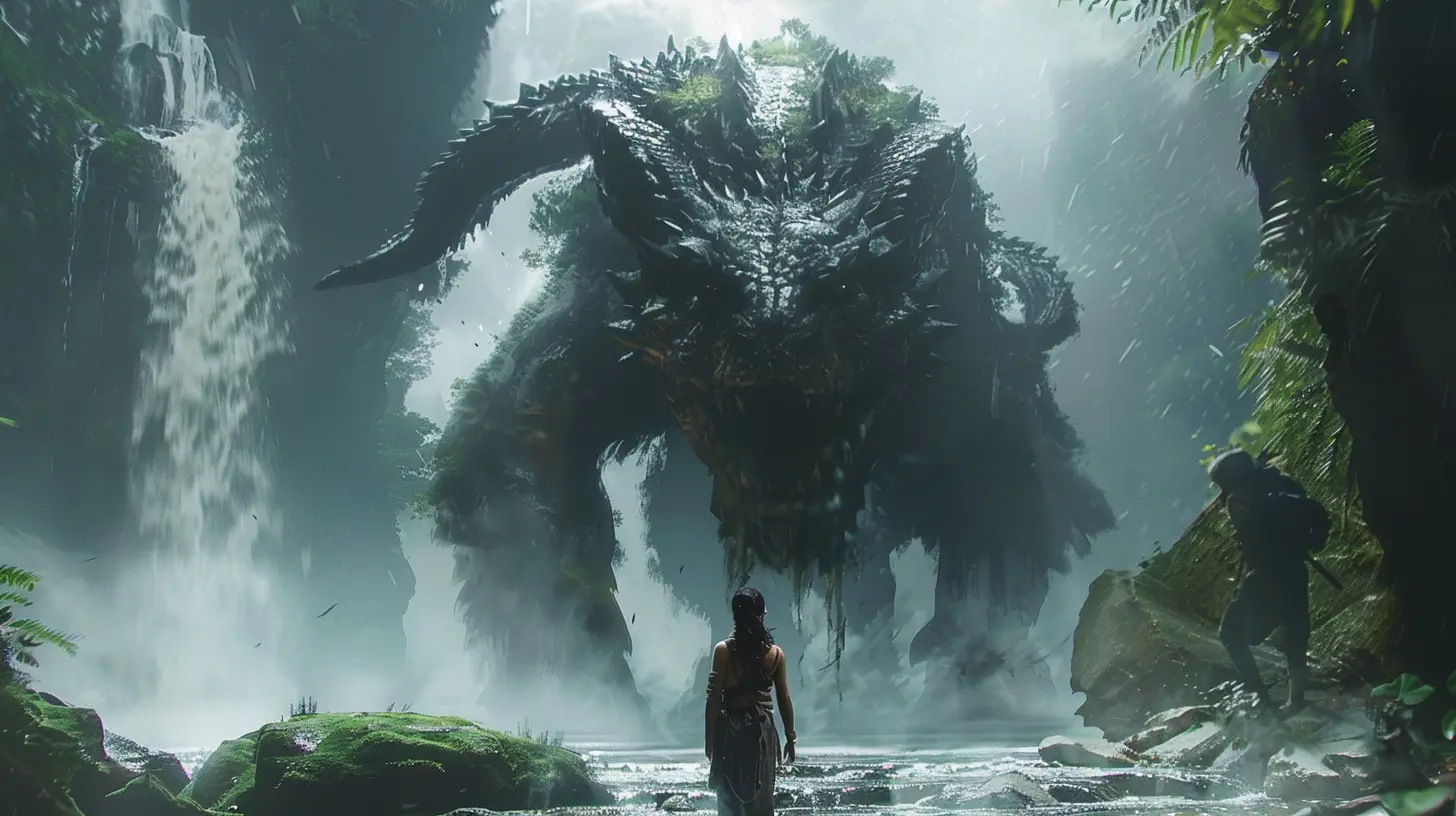
The Power of Choice: Shaping Your Personal Mythos
One thing that makes modern video game mythologies so unique is the element of choice. You don’t just follow the hero’s journey—you choose what kind of hero you’ll be. Will you be noble and selfless, or will you leave a trail of chaos in your wake?Games like The Witcher 3 and Detroit: Become Human thrive on moral complexity. Your decisions impact the story, shaping not only the world but also your personal version of the myth. That’s not just storytelling; that’s crafting your own legacy.
Myths Reimagined: Ancient Stories in Modern Games
What’s wild is how often video games take literal myths and rework them into something new. They don’t just retell old stories—they remix them, adding layers and complexities that were impossible in the past.Norse Mythology in God of War
Kratos’ journey in the 2018 God of War reboot is almost a case study in modern myth-making. It doesn’t just retread the Norse myths we know; it flips them on their head, exploring themes like fatherhood, redemption, and mortality.Greek Mythology in Hades
Supergiant Games’ Hades takes the Greek pantheon and gives it a modern twist. You play as Zagreus, son of Hades, trying to escape the underworld. But instead of lofty, untouchable gods, the deities here are relatable, with quirks and personalities that resonate deeply with players.Japanese Mythology in Ōkami
Ōkami is a stunning love letter to Japanese folklore, casting players as the sun goddess Amaterasu in wolf form. Its visuals, music, and storytelling are a brilliant blend of ancient tradition and modern game design.Games as Modern Mythmakers
So what makes video games such a powerful medium for mythology? It all comes down to immersion. When you play a video game, you’re no longer an outsider looking in. You’re part of the story. You’re the one slaying dragons, making impossible decisions, and exploring vast, untamed worlds.But it’s not just about escapism. Video games are also a reflection of our modern values and struggles. Just as ancient myths wrestled with questions of morality, fate, and the human condition, games do the same. They’re vessels for exploring everything from our fascination with technology to our fears about the future.
What the Future Holds for Mythologies in Gaming
As technology continues to evolve, video games only grow richer in their storytelling potential. Virtual reality (VR), for instance, has already started to put players directly inside these digital myths. Imagine standing face-to-face with the gods of Olympus or navigating the labyrinth of your inner psyche in unprecedented detail.And artificial intelligence (AI) is changing the game (literally). AI-driven NPCs (non-playable characters) could make storytelling even more dynamic, reacting to players in ways that feel more lifelike and organic. It’s not hard to picture future games where every player’s journey is uniquely their own—a myth tailored to their choices, emotions, and imagination.
Wrapping It All Up
Video games aren’t just entertainment—they’re today’s campfire stories, writ large on digital canvases. They immortalize our dreams, fears, and aspirations in ways ancient myths never could. Whether you’re battling gods, exploring alien worlds, or making choices that define entire civilizations, you’re engaging in a new kind of storytelling—one where you’re the protagonist of your own mythology.So, the next time you power up your console or PC, remember: you’re not just playing a game. You’re stepping into a digital epic, a modern mythology for the ages.
all images in this post were generated using AI tools
Category:
Gaming CultureAuthor:

Francesca West
Discussion
rate this article
2 comments
Solstice McMurtry
What an intriguing perspective! How do you think the narrative structures in video games compare to traditional myths? Are we witnessing a new era of storytelling?
February 15, 2026 at 5:13 PM

Francesca West
Thank you! I believe video games and traditional myths share common elements like hero journeys and moral lessons, but video games offer interactivity that allows players to shape their own narratives. This could indeed signify a new era of storytelling where the audience actively participates in the myth-making process.
Nolan Hill
Video games have transcended mere entertainment; they are the modern mythologies of our time. Through immersive storytelling and rich narratives, they shape our cultural landscapes and connect us deeply. As players, we don’t just experience these digital worlds—we become part of an evolving mythos. Embrace the journey!
August 23, 2025 at 3:53 AM

Francesca West
Thank you for your insightful comment! I completely agree—video games do indeed serve as a powerful medium for storytelling and cultural connection, transforming how we engage with narratives and each other. Embracing this journey enriches our understanding of both the games and ourselves.
